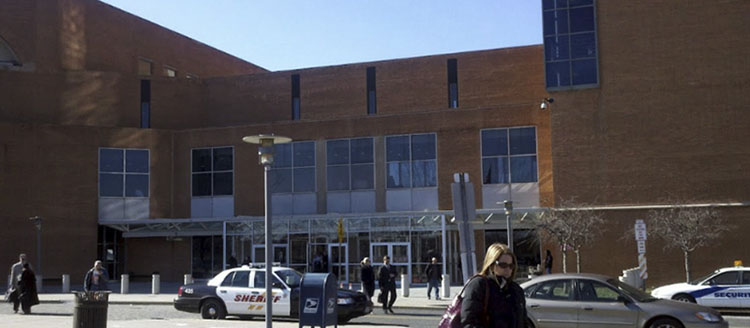Damaging Another Person’s Property
What Is Criminal Mischief in the Fourth Degree?
Fourth-degree criminal mischief is the lowest and most inclusive tier of the criminal mischief charges. There are a number of forms of this charge, but essentially, it applies in cases where a person causes relatively low-value damage to another’s property. To be charged, a person need not intend to cause damage, but they must not have reason to believe that they have any right to the property in question.
How Can a Person Get Charged with Criminal Mischief in the Fourth Degree?
Fourth-degree criminal mischief has provisions for both intentional and reckless damage to property, and these distinguish it from criminal mischief in the third degree. The higher charge applied to intentionally damaging property worth more than $250, but fourth-degree criminal mischief applied to that monetary value only if the damage is inflicted recklessly. For example, a man was charged for throwing a woman’s cell phone out a bus window into traffic. In this case, even though he didn’t damage the phone personally, he should have been aware of the risk of throwing the phone into traffic and thus he recklessly caused the damage.
In addition to the provision for reckless damage, a person can be charged for intentionally causing damage to property worth under $250. For instance, a man painted graffiti onto a courthouse and was charged with fourth-degree criminal mischief for doing so. The court held that in this instance the intent to cause damage could be inferred from the action itself—namely, applying paint to the building, which a janitor subsequently had to remove.
Finally, criminal mischief in the fourth degree has two less common, but no less important, provisions. One covers damage caused to buildings that are abandoned, while the other applies to damaging a telephone when a person is trying to call for emergency assistance.
NY PENAL § 145.00: Criminal Mischief in the Fourth Degree
New York State’s penal code says:
A person is guilty of criminal mischief in the fourth degree when, having no right to do so nor any reasonable ground to believe that he or she has such right, he or she:
- Intentionally damages property of another person; or
- Intentionally participates in the destruction of an abandoned building as defined in section one thousand nine hundred seventy-one-a of the real property actions and proceedings law; or
- Recklessly damages property of another person in an amount exceeding two hundred fifty dollars; or
- With intent to prevent a person from communicating a request for emergency assistance, intentionally disables or removes telephonic, TTY or similar communication sending equipment while that person: (a) is attempting to seek or is engaged in the process of seeking emergency assistance from police, law enforcement, fire or emergency medical services personnel; or (b) is attempting to seek or is engaged in the process of seeking emergency assistance from another person or entity in order to protect himself, herself or a third person from imminent physical injury. The fact that the defendant has an ownership interest in such equipment shall not be a defense to a charge pursuant to this subdivision.
Criminal mischief in the fourth degree is a class A misdemeanor.
What Can Happen to Me If I Am Charged with Criminal Mischief in the Fourth Degree?
Even though fourth-degree criminal mischief is the lowest tier of New York State’s assault charges, if you are charged with it, you need to take it seriously. It is a class A misdemeanor, which means you could spend up to a year in jail, be sentenced to probation or a fine. In addition, the charge will remain on your criminal record, and it could affect your immigration status or employment opportunities.
What Should I Do Next?
If you are charged with criminal mischief in the fourth degree in Queens, Nassau, or Suffolk County, you need to seek help from an experienced criminal defense attorney as soon as possible. Because the charge is complicated and the consequences for conviction can be substantial, you should not try to talk to the police or prosecutors by yourself. Your criminal defense lawyer will know the best strategies to minimize the impact of the charge on your life, and you should let him represent you in your dealings with the authorities.

